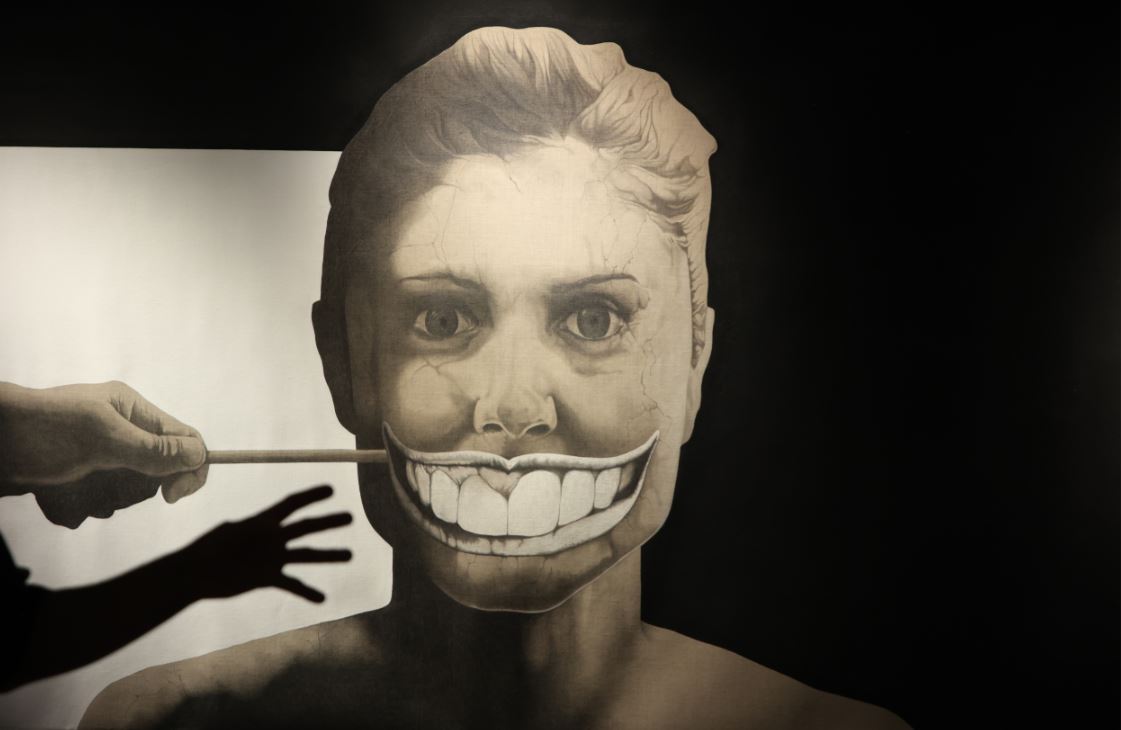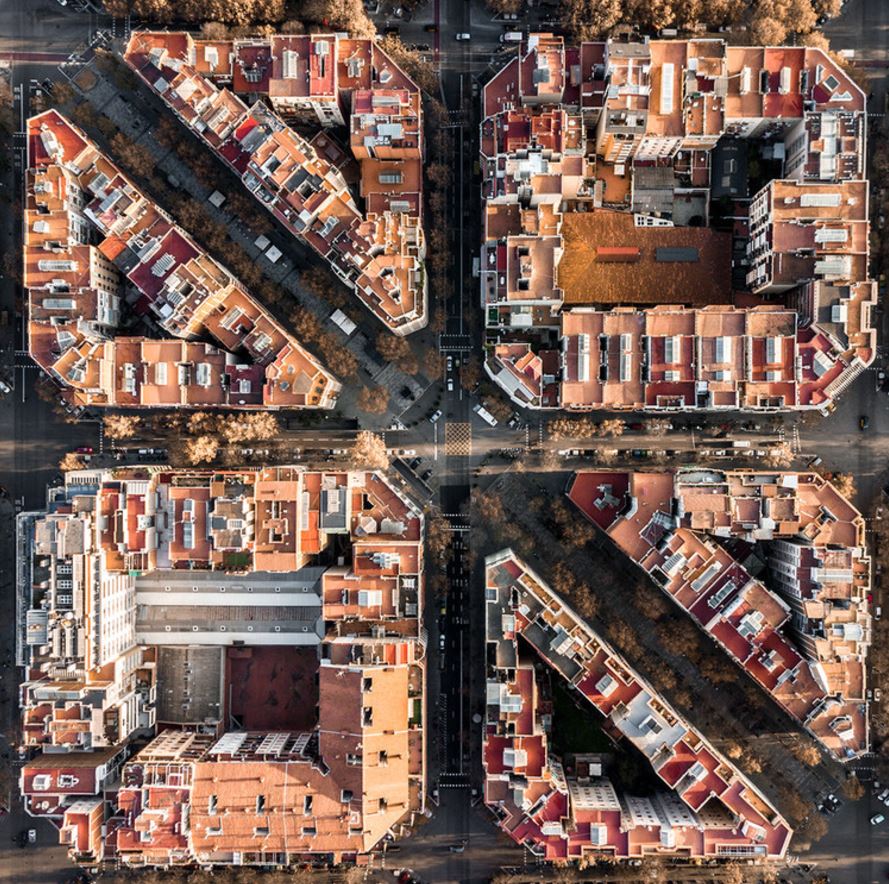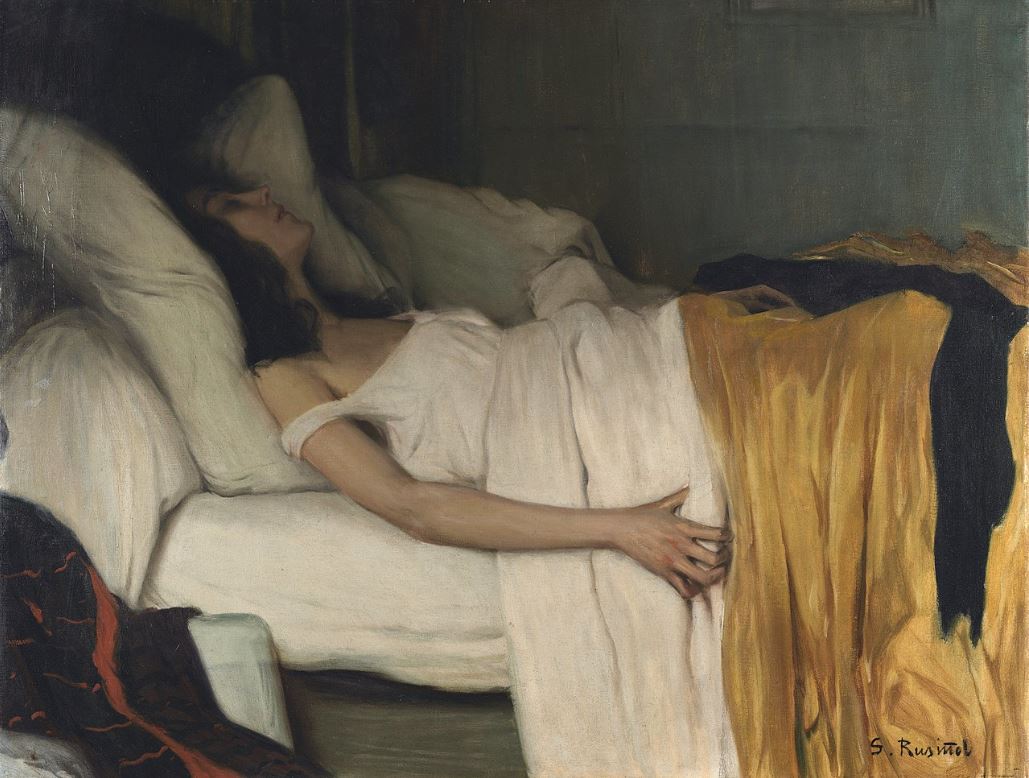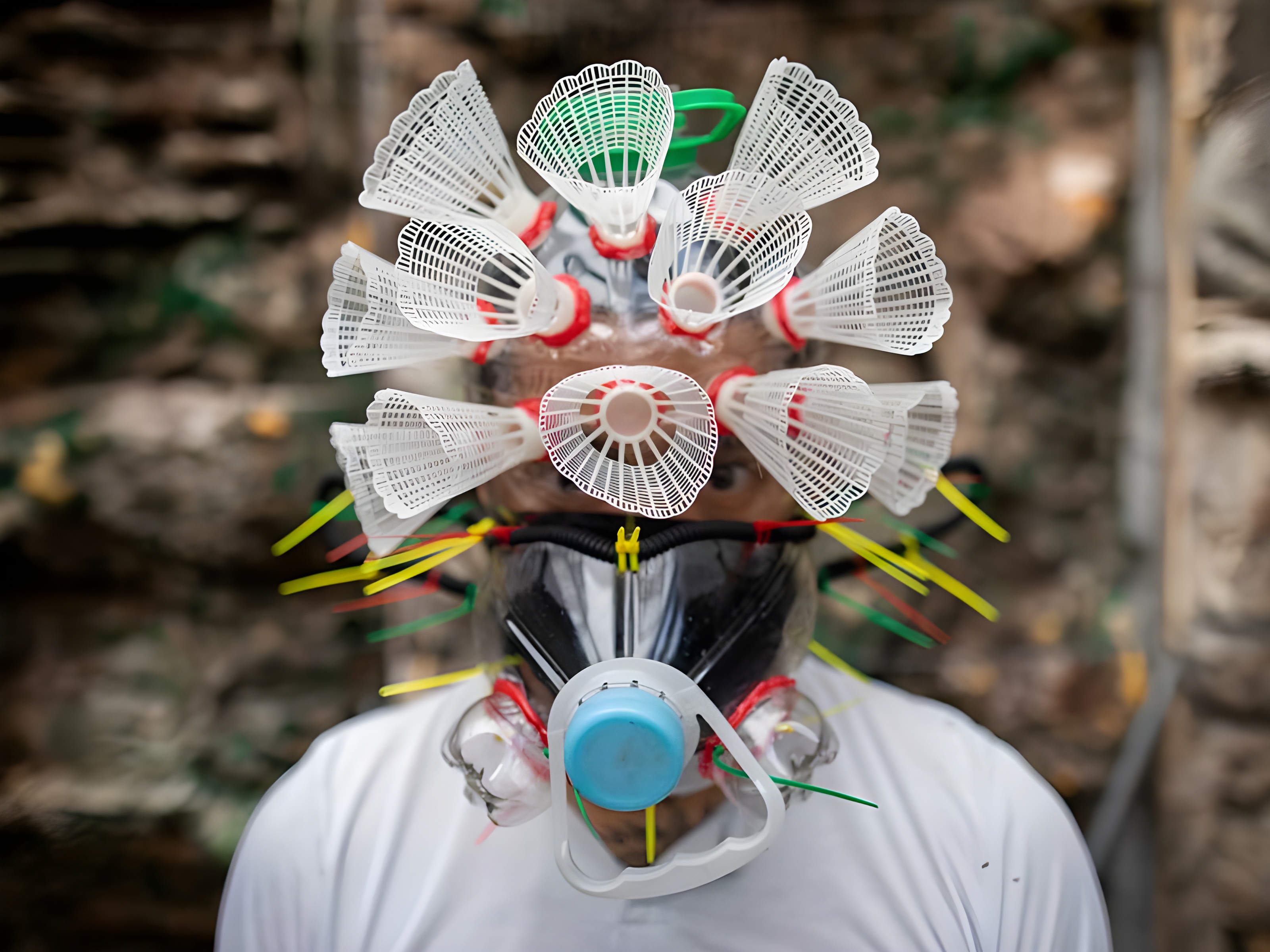Exhibitions
Català-Roca and Latin America of the 70s
Unpublished photographs of a continent in full transformation at the Museo de América.
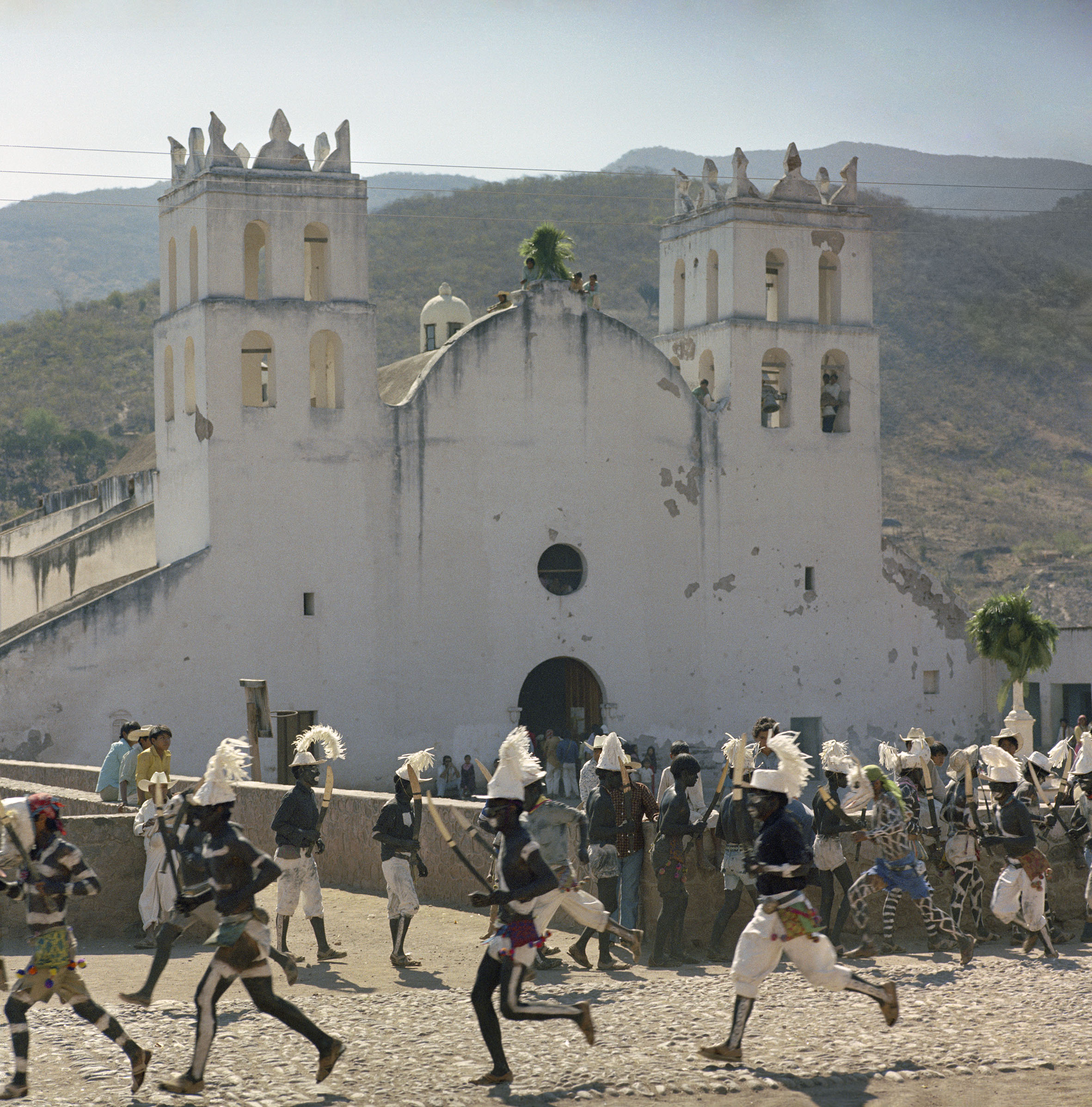
The Ministry of Culture proposes a tour of Latin America in the 70s through the eyes of the photographer Català-Roca . Master of photography, the exhibition 'The eloquence of the image. Catalan-Rock in America', hosted by the Museo de América, presents a selection of 230 color images, taken from 7,000 negatives that capture a continent full of contrasts in an era marked by profound social, political and cultural changes.
The photographs, from his personal archive preserved in the National Archives of Catalonia , were taken on different trips to countries such as Mexico, Guatemala, Peru or Ecuador, and respond to a commission from Blume publishing house to document American popular art . But Català-Roca's images also delved into people's lives, showing faces, customs and landscapes that speak of a society that struggled to preserve its identity. Far from limiting himself to portraying craftsmanship as a decontextualized object, Català-Roca incorporates the story of those who create it and the spaces, giving visibility to the social and cultural conditions of that time.
The pieces from the Museo de América collection, which include ceramics, textiles, masks and ritual objects, accompany the images and are part of the narrative that aims to reconstruct the nuances of that society, where art was of great importance and at the same time it shows how the tradition has been resigned throughout history.
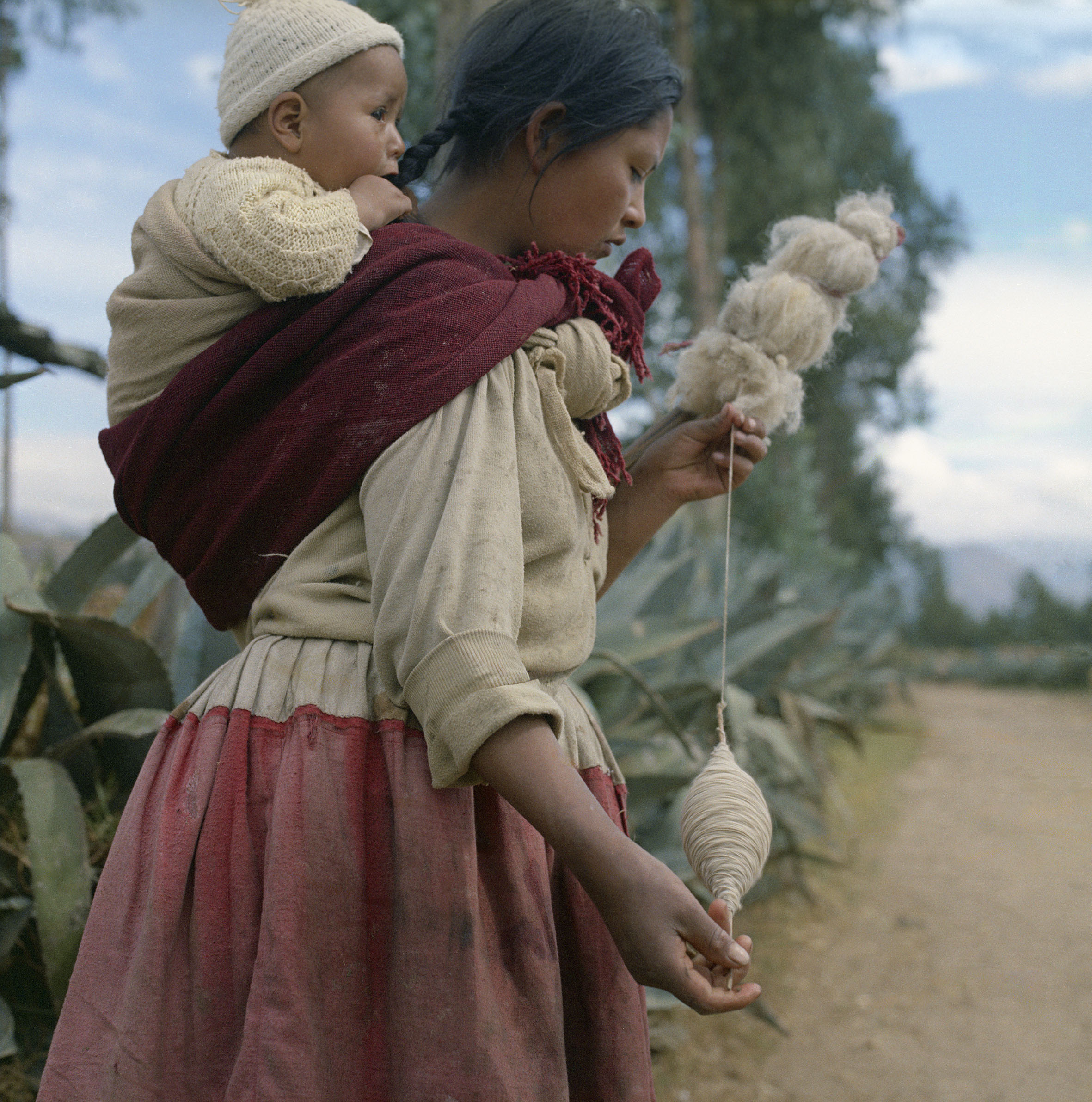 Mujer hilando con su bebé a la vera de un camino. © Català-Roca, VEGAP, Madrid, 2024
Mujer hilando con su bebé a la vera de un camino. © Català-Roca, VEGAP, Madrid, 2024
Markets, clothes, landscapes and ritual objects are brought to life thanks to color, an uncommon resource in his work, which seems to bring the people and environments he portrayed closer together. Men, women and children appear in these photographs as the true protagonists of a world that is debating between preservation and change. Their expressions, their everyday actions and their environments speak of traditions that seem to fade away to give way to new materials and new ways of living.
Open to the public until April, 'The eloquence of the image', rediscovers the empathetic gaze of Català-Roca. Although his camera was not primarily intended to denounce the political or social conditions of the time, these are subtly but clearly evident. The seventies were a decade marked by dictatorships, civil wars and great inequalities in several Latin American countries, and this reality filters through in many of his photographs. In the same way that he revolutionized street photography in Spain, Català-Roca portrays here the dignity and strength of the communities that fought to preserve their identity.
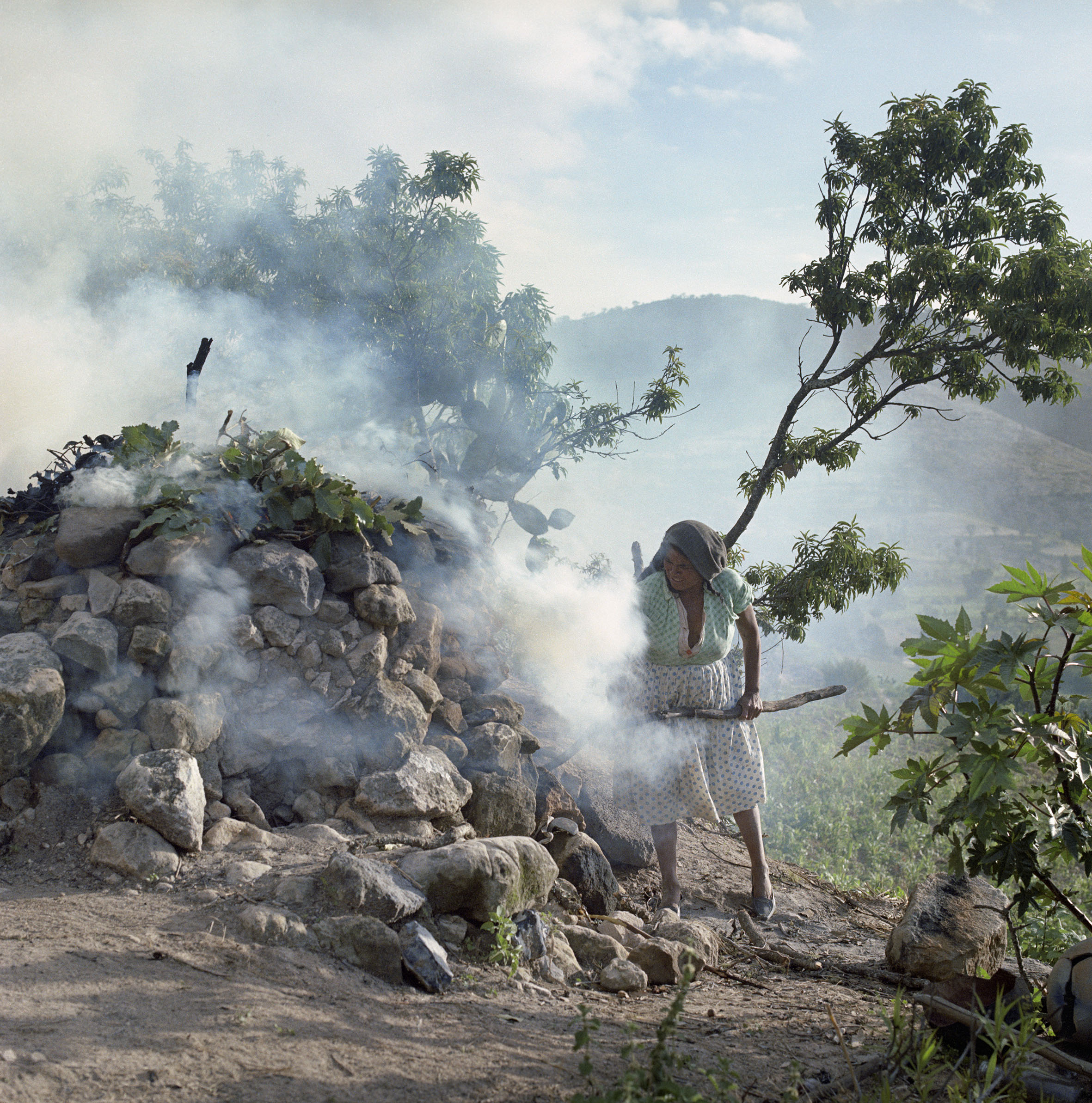 Uso de horno para cerámica. Zona de Río Blanco, Oaxaca, México, 1973. © Català-Roca, VEGAP, Madrid, 2024
Uso de horno para cerámica. Zona de Río Blanco, Oaxaca, México, 1973. © Català-Roca, VEGAP, Madrid, 2024





